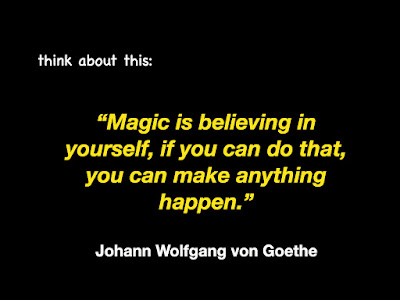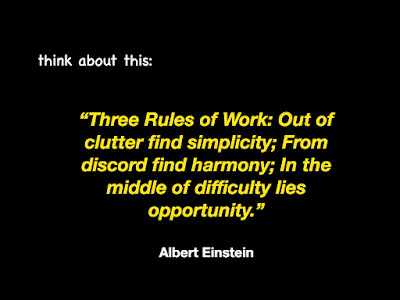When do you do your best and most creative thinking? A friend claims it’s when he’s out for a walk. For me, it’s often when I’m reading. Everyone’s different, but all of us should find the best times and circumstances where and when we can slow down and think things through. The pace of our lives is often quick and the time to make decisions too short, but we owe it to ourselves and others to do what it takes to find clarity in that confusion. And when we do, don’t just let things jumble around: know what your objective is, think logically, identify some questions you might need to ask others, look for clues in your knowledge and experiences, and try not to overthink things. Be happy and satisfied with whatever method works for you: because, like good books and friends, there can never be too many of those. There’s no better time to begin finding what helps you to think clearly and effectively today.
Gary James Paulsen (1939 – 2021): American writer of children's and young adult fiction
























